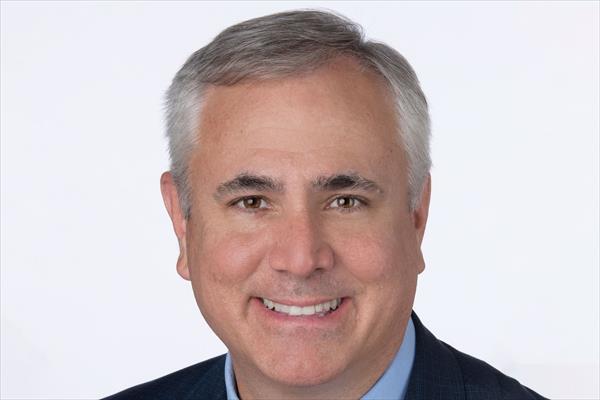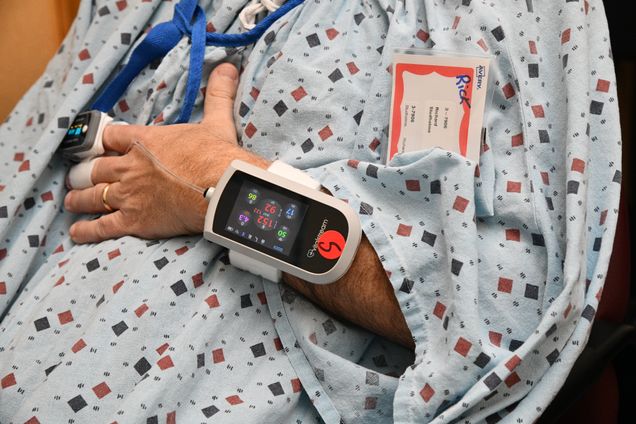Landmark Framingham Heart Study Receives Renewal
The National Heart, Lung, and Blood Institute (NHLBI) recently renewed the contract for the iconic Framingham Heart Study (FHS), the source of many of the landmark discoveries on heart disease and stroke that led to lifestyle changes and medications that extended our lifespan. The six-year contract covers operation and research adding to the study’s 77 years of research to date, and its legacy as the longest continuous cohort study in the U.S.
 “The Framingham Heart Study has allowed us to help people avoid heart attacks and devastating strokes because we now understand the root causes,” said FHS Director Donald Lloyd-Jones, MD, ScM, a cardiologist. “It is absolutely true to say that measurable changes in lifespan can be directly ascribed to the study and its discoveries.
“The Framingham Heart Study has allowed us to help people avoid heart attacks and devastating strokes because we now understand the root causes,” said FHS Director Donald Lloyd-Jones, MD, ScM, a cardiologist. “It is absolutely true to say that measurable changes in lifespan can be directly ascribed to the study and its discoveries.
“And even more importantly, I think there are measurable changes to the healthspan, which is not just your lifespan, but how long you live healthy, which is what we really are trying to maximize.”
Boston University became a partner with NHLBI in 1971.
The engine of the study is the more than 15,000 volunteers who have participated in regular examinations since 1948. They are mostly generational descendants of the original 5,209 Framingham residents who were recruited in 1948 to help researchers uncover the causes and consequences of heart disease and stroke.
Additionally, two cohorts of Hispanic, Asian and Black participants were recruited in the 1990s and early 2000s to better reflect the shifting demographics of Framingham and the nation.

The NHLBI funding supports the core examination of these participants who return to the research center in Framingham every two-to-three years for a detailed medical history, physical examination and laboratory tests. NHLBI money also supports the collection and archiving of blood and tissue samples, monitoring of participants and data analysis. FHS-affiliated researchers must seek separate competitive grant funding to pay for ancillary studies.
The renewed funding is a testament to the dedication of these volunteers, said Lloyd-Jones.
“They’re amazing people. They truly have changed the world because of the understanding we’ve gained about healthy aging and about what causes diseases,” he said.
In 1948, heart disease and stroke were considered an inevitable consequence of aging. FHS research has been responsible for medications and lifestyle changes that made those conditions manageable, and even avoidable. Much of what we now take for granted when it comes to heart disease and stroke originated with the study including identifying the fundamental risk factors for heart disease – links to smoking, diabetes and obesity, the heightened stroke risk from high blood pressure, plus the benefit of physical activity and the central role of cholesterol.
The last of the original participants passed away in 2023 at age 105, but the foresight of recruiting within families paid off as advancements in the science of genetics promised new solutions in fighting and preventing disease.
“Having generations of related individuals was a perfect study design to allow for the power of genetics to come through,” said Lloyd-Jones. “Three generations of related individuals have taught us immense amounts about the origins of heart disease, stroke, brain aging, the life course of our weight, and trajectories of our endocrinologic, bone, liver and kidney health.”

The new contract will allow FHS to continue to follow the three generations of participants and the newer cohorts over at least two new examination cycles.
“It’s a very broad base to look at the life course of health and disease,” said Lloyd-Jones.
Of course, many of the descendants of the original participants have not remained in Framingham and the renewed funding allows FHS to collect data in new ways including wearable devices like watches, electronic questionnaires, and traveling to people’s homes.
As a federally funded study, FHS also serves as a resource for other scientists. Framingham investigators have collaborated on projects on stroke and dementia, osteoporosis and arthritis, nutrition, diabetes, eye diseases, hearing disorders, lung diseases and genetic patterns of common diseases.
Since the last contract renewal in 2019, Lloyd-Jones said FHS has taken advantage of huge advances in genetic research.
“Over the last six years, we’ve been able to generate that full sequence of pathway data to understand a lot more about the molecular processes of aging, health and disease. And that will be a major focus going forward with the new funding,” he said.
“What FHS has really evolved into is a premier study of aging in organ systems beyond the heart,” said Lloyd-Jones. “The focus has really shifted from disease to health and trying to understand how people can maintain optimal health for as long as possible into their lifespan.”